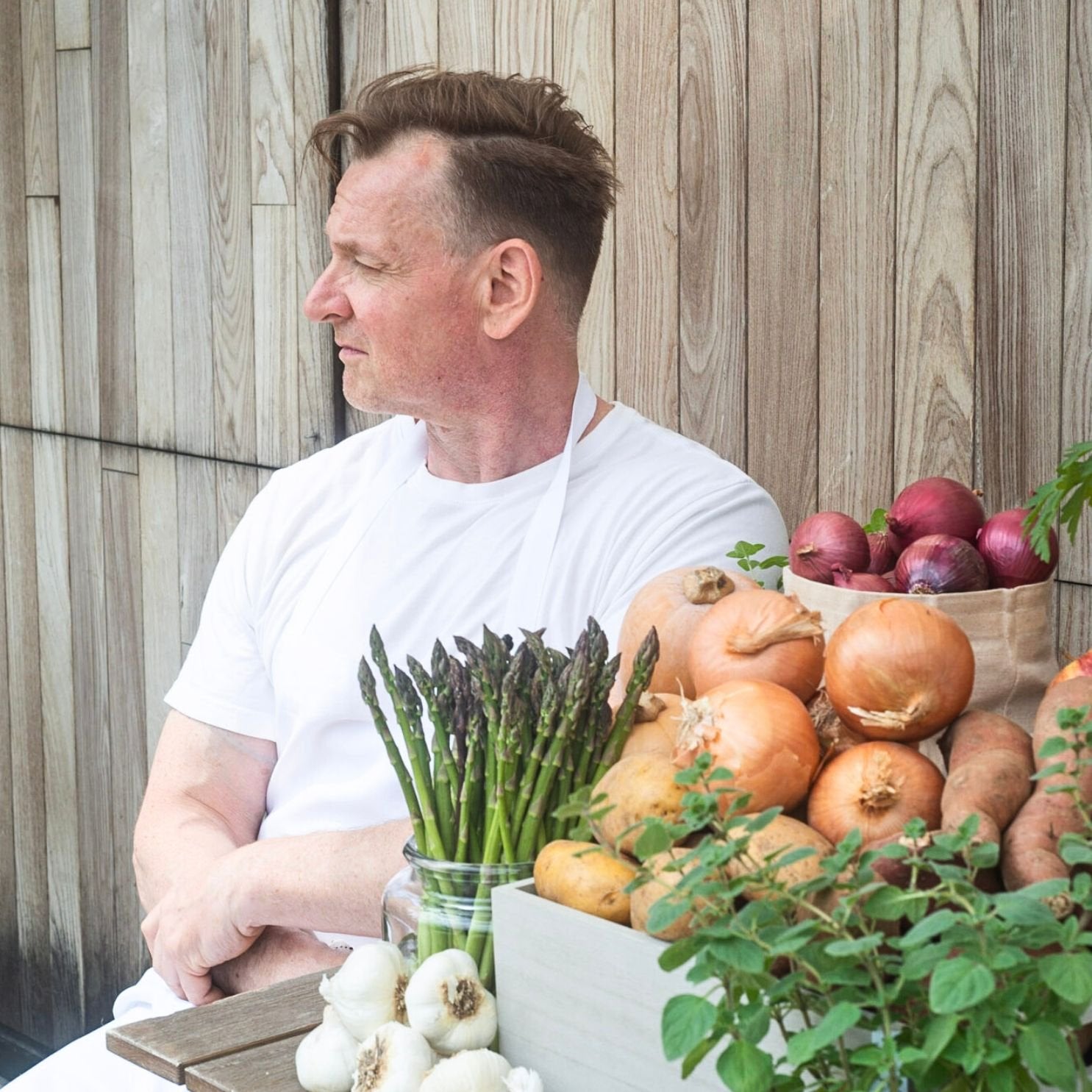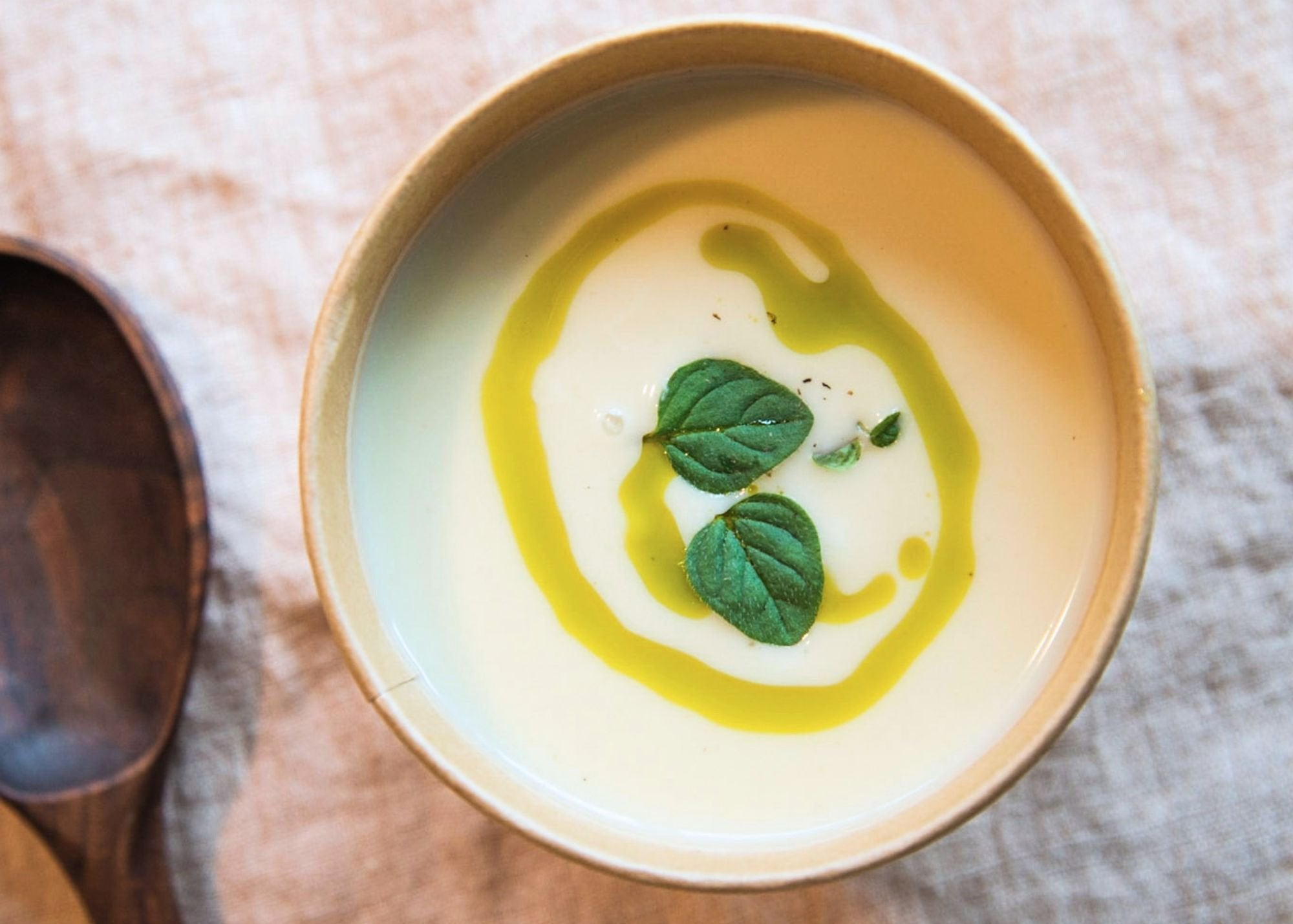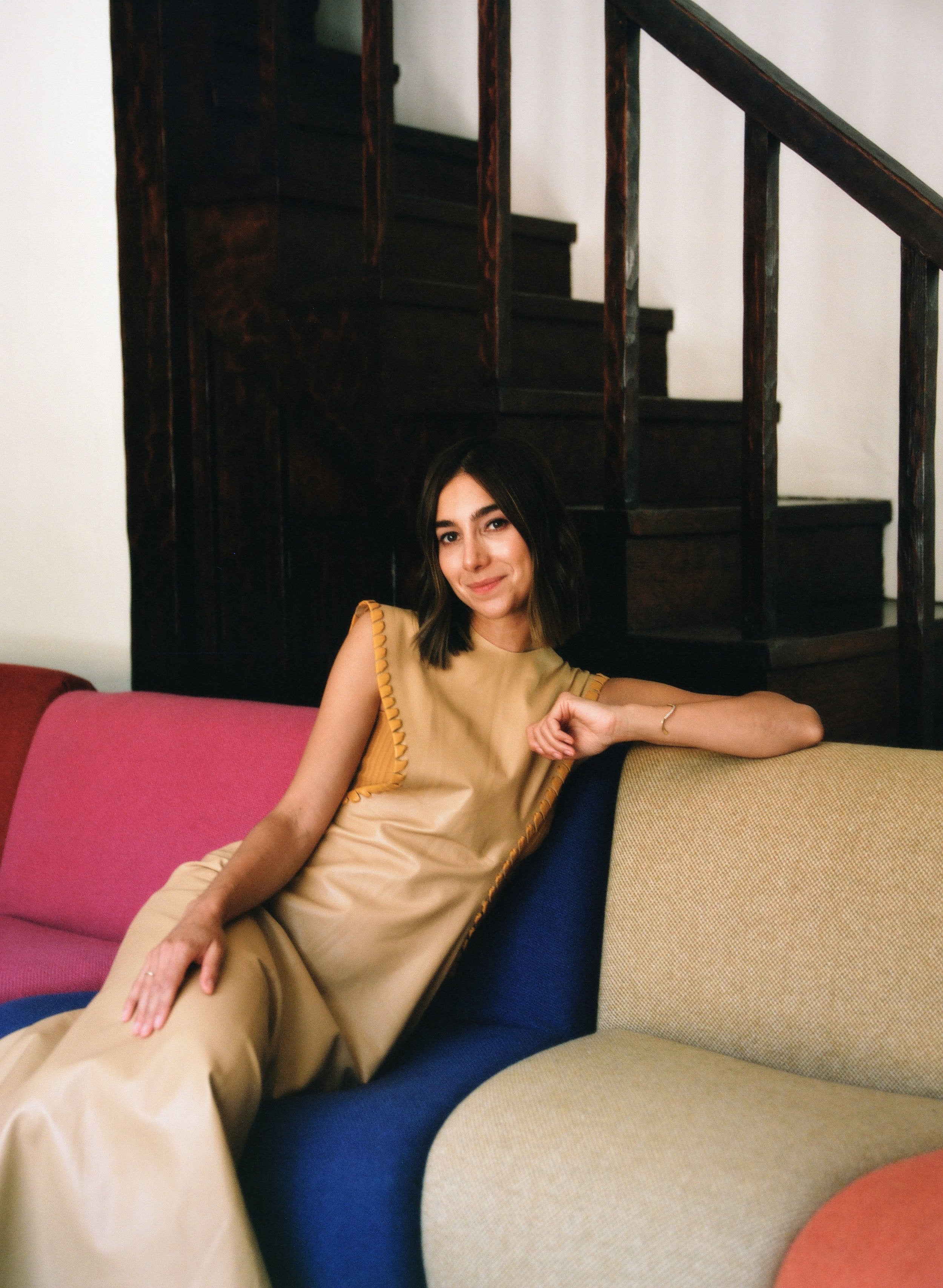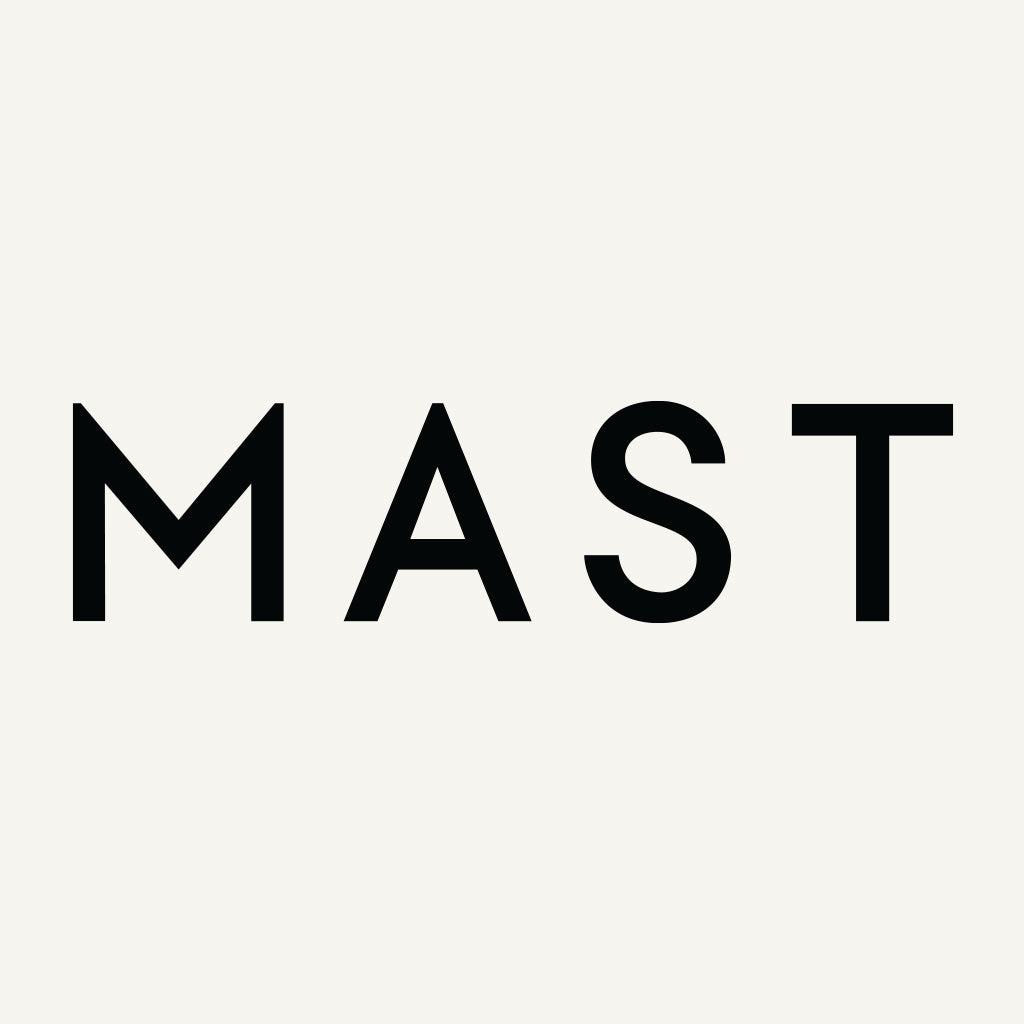Simple Cooking with Chef Franz
As chef of Mast Market, Franz Fruhmann is responsible for designing and executing the menu of organic prepared foods that is available at our Westchester and New York City retail locations. “Basically, Rick [Mast, the co-founder of Mast Market] buys seasonal ingredients from the Hudson Valley, some of which go into retail and some of which I turn into sandwiches and soups and salads,” he explains. “I just let nature and Rick give me the ingredients that I then turn into in our meals.”
Franz developed this talent for creatively transforming ingredients during his decades-long career cooking in restaurants with some of the country’s most celebrated chefs. He learned from Christian Delouvrier, David Bouley, and Daniel Boulud before he stepped into roles at Compass in Manhattan, and Dressing Room, which he opened in Westport, Connecticut with Paul Newman. Most recently, he spent 13 years leading the kitchen at North Star in Pound Ridge.
But Franz never wanted to commit to one pursuit long-term until he discovered Mast Market, which aligns deeply with his health-focused values and simple style of cooking. “When I met Rick and Michael [Mast, the other co-founder of Mast Market], I knew right away that this is what I'm interested in,” he remembers. “It's just the philosophy they have about food. I've reached lots of levels in this industry, but what I never found was something that I wanted to stick with for a long time, that I really believed in. These organic, sustainable, local ingredients are just amazing.”
Here, Franz shares more about what he’s cooking up at Mast Market, what he loves about his job, and why healthy food is so important.

Chef Franz Fruhmann. Photo by Karanja Elliott
Mast Journal: What dishes have you been making at Mast Market lately?
Franz Fruhmann: Today, I made a new sandwich with these local red kidney beans. I turned them into a red bean puree, almost like hummus, but not really. I didn't add any tahini. And I made a vegan sandwich with the red bean puree, cucumbers, arugula, and pickled daikons. Rick got me daikons a few weeks ago, so I pickled them and now I'm using them on a sandwich. He gives me stuff all the time that I pickle to keep it around. And then whenever the time is right, I use it on something that I think it fits.
MJ: That sounds delicious.
FF: There is no real protocol for what I do. It's just turning local ingredients into food, basically. That's what I do. I think that's the closest description of what my job is like. Recently, Rick bought rhubarb and I made a spinach salad with rhubarb, goat cheese, balsamic dressing, and crispy onions. I had so many onions, so what I did was I sliced some really thinly and cooked them in oil until they were super crispy—without flour or anything—just very slow and they became super, super crunchy. And then I put them on salads.
MJ: Wow, that sounds great. And how did you learn to cook in the first place?
FF: I was born and raised in Austria. I went to culinary school, I did my apprenticeship, and I did my military service there before I came to the United States in 1990. First, I worked for a German restaurant in Queens and then I worked on two cruise ships. When I came back, I went to work for Christian Delouvrier at Les Célébrités. Then, I just worked my way through the kitchens in Manhattan for about 15 years. I worked for David Bouley and Daniel Boulud. Then, I ended up with Neil Annis and we opened up Compass. We got a two-star review from the New York Times. And from there, I opened up the Dressing Room with Paul Newman and Michel Nischan, which was pretty much a success until Paul Newman died.
MJ: That’s so cool!
FF: That pretty much sums up my career. And for the last 13 years, I worked at North Star in Pound Ridge, New York.
MJ: And what did you learn from all these celebrated chefs?
FF: As far as cooking goes, David Bouley definitely influenced me the most. I just liked the way he cooked—his technique and his style. I'd never seen anybody cook like that before. And I definitely would consider myself a product of his kitchens because I still like cooking with purees and oils. That's basically what he taught me, which I never did before, was using a lot of purees and oils.
Human-wise, I would have to say working for Mast has already been just one freaking amazing, great trip. These guys understand everything and they're so passionate about what they do. I think there should be way more Mast Market locations than there are right now. I think there should be thousands all over the United States. In fact, all over the world. It's how everything should be. There should be one local store where people would just produce homemade food and sell it so that other people can buy it. So we don't have to go to the mega-producers and get their food, which is not so good.
MJ: Definitely! How did you first connect with Mast Market?
FF: I just answered an ad. And right away, as soon as I met them and I set foot in the store, I knew this is what I want to do. I want to be here. This is what interests me. This is something new and sustainable. The hardest part is really retaining customers and making them understand that nature isn’t perfect and neither is the food, consistently. It's not going to be always a hundred percent, only if it's artificial is it a hundred percent all the time.
So we have to live with food that's not a hundred percent. And it's still delicious. Everything we get from Hudson Valley, all the ingredients, are just very, very, very good. I've been working in a four-star atmosphere for a long time, and I know what it's like to have the best of the best ingredients. And now, working with local ingredients, you get the same outcome if you just understand what you're doing. That's all I can say.
MJ: Agreed. How long have you been working at Mast Market?
FF: It’s only been three months.
MJ: Oh, so brand new!
FF: Yeah, it's brand new. We're still taking baby steps. We're still in the beginning.
MJ: What do you envision for the future of your role at Mast Market?
FF: I think it's going to be a lot busier than what I can handle by myself. So eventually, hopefully, we’ll get to a point where I get a whole crew together and take it from there. And then we just maintain the level of food and what we do. I would spend the rest of my life making soups and sandwiches. We just have to see where this is going to take us, and how much people like it and understand it, which is really the key.
MJ: Definitely. What are you looking forward to in the near future? Are there any seasonal ingredients you’re excited to cook with?
FF: From now until the end of October is probably the most exciting time for me. Every week an ingredient comes out, which is new and exciting. I love ramps, even though I don't have them on the menu yet. I don't really know how to really execute them in soup and sandwiches. I do have rhubarb on the menu, in a salad. Tomatoes are something I'm really excited about because there's so much I can do with tomatoes. I can't wait for them to come around. And corn is one of my favorite things to use in soups and salads.

Local parsnip and watercress soup. Photo by Karanja Elliott
MJ: You’re also passionate about healthy food. How does that come through on the menu?
FF: I use almost no cream, very little butter. There's nothing really wrong with them, they are healthy, but the amount that you intake matters. So I use less butter and cream and I make up for it with more purees and oils. You can also mimic butter and cream by making potatoes. I use potatoes in lots of soups. I don't use any flour. But it's really hard to make customers understand that it's really healthy because there’s no waiter or anyone to talk about the ingredients. They’re just listed on a label.
MJ: Right, no one is explaining the dish to the customer.
FF: Yeah. If you’re interested and read the label, you will understand that that's what it is. We don't sell it specifically as healthy food, but we only use healthy and the best ingredients. I'm a personal trainer. I was a personal trainer for New York Sports Club for several years, and I was competing in bodybuilding, as well, so I will always be into healthy foods. You’ve just got to eat simple. You’ve just got to have simple ingredients that you don't do very much with. And just have it fresh. That's really the key. Don't eat any fast food. Don't make shortcuts.
MJ: Totally.
FF: If I want a burger, I make my own burger. I go to the store, buy the meat and the bun, and go home and make it. The meat at fast food places is just so processed and so unrecognizable for your body to digest that it will cause you problems. I have the perfect example. For one year, I worked out next to Wendy's and I thought to myself, instead of going home, I’ll just go to Wendy's and have the mega burger that has 42 grams of protein, 800 grams of fat, and 60 grams of carbohydrates. I figured one a day won't kill you. And at my next colonoscopy, he found a polyp. It just goes to show that within one year I received a polyp by eating a fast food burger everyday. Of course, I never ate one again.
MJ: That’s crazy. There’s no better proof than that.
FF: That meat is just not for human consumption. It's just for the stock market, but not for human consumption.
MJ: Sounds like it! And in addition to cooking, you also like gardening, right? What do you like to grow?
FF: I like to grow anything that I can eat. My wife is really the bigger gardener. She turned me onto it. So over the years, I started to grow my own stuff. I grow a lot of fruits because growing up in Austria, my parents would never buy me any sugar. They never would buy me any candy. They always thought candy was very evil and I should never have any. But they grew a lot of fruit trees. We had a cherry tree, we had a plum tree, we had two apple trees, we had a walnut tree. We had all these fresh ingredients growing, basically throughout the year, except during the winter. So I was always hanging out with the fruit trees, and that's where I got my sugar from. Even now, when I crave sugar, I never eat desserts. The only thing I grab is a piece of fruit. I've been doing this my whole life. So now I'm growing apple trees and cherry trees at home. And my wife grows tomatoes, cucumbers, and herbs.
MJ: That’s a healthy habit! Are there any other aspects of your childhood in Austria that you brought with you to the U.S.?
FF: The way I make my salads and soups I learned in Austria—especially the salads and the dressings. They taught me to make pumpkin seed oil. It's unique. It's only produced in the area where I'm from. It's black. You take the pumpkin seeds, you roast them, and then you squeeze them and it becomes a black oil, super nutty. It's very, very distinctive. Once you taste it, you will never forget it—in a delicious way.
More from The Journal

Knowing Our Truth on Mother’s Day
Taking a moment to say thank you to the mighty women in my life this Mother’s Day.
Read more
Feeling Ghia with Mélanie Masarin
Ghia founder Melanie Masarin chats with the Mast Journal about her inspiration, motivation, and road to Ghia.
Read more